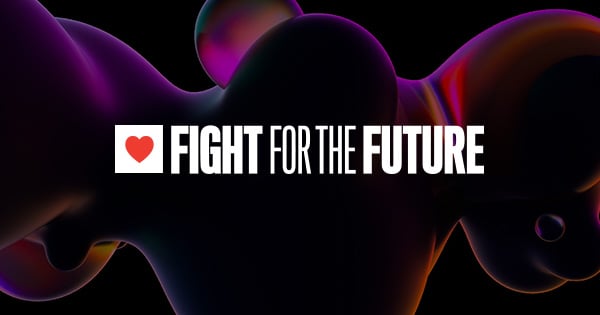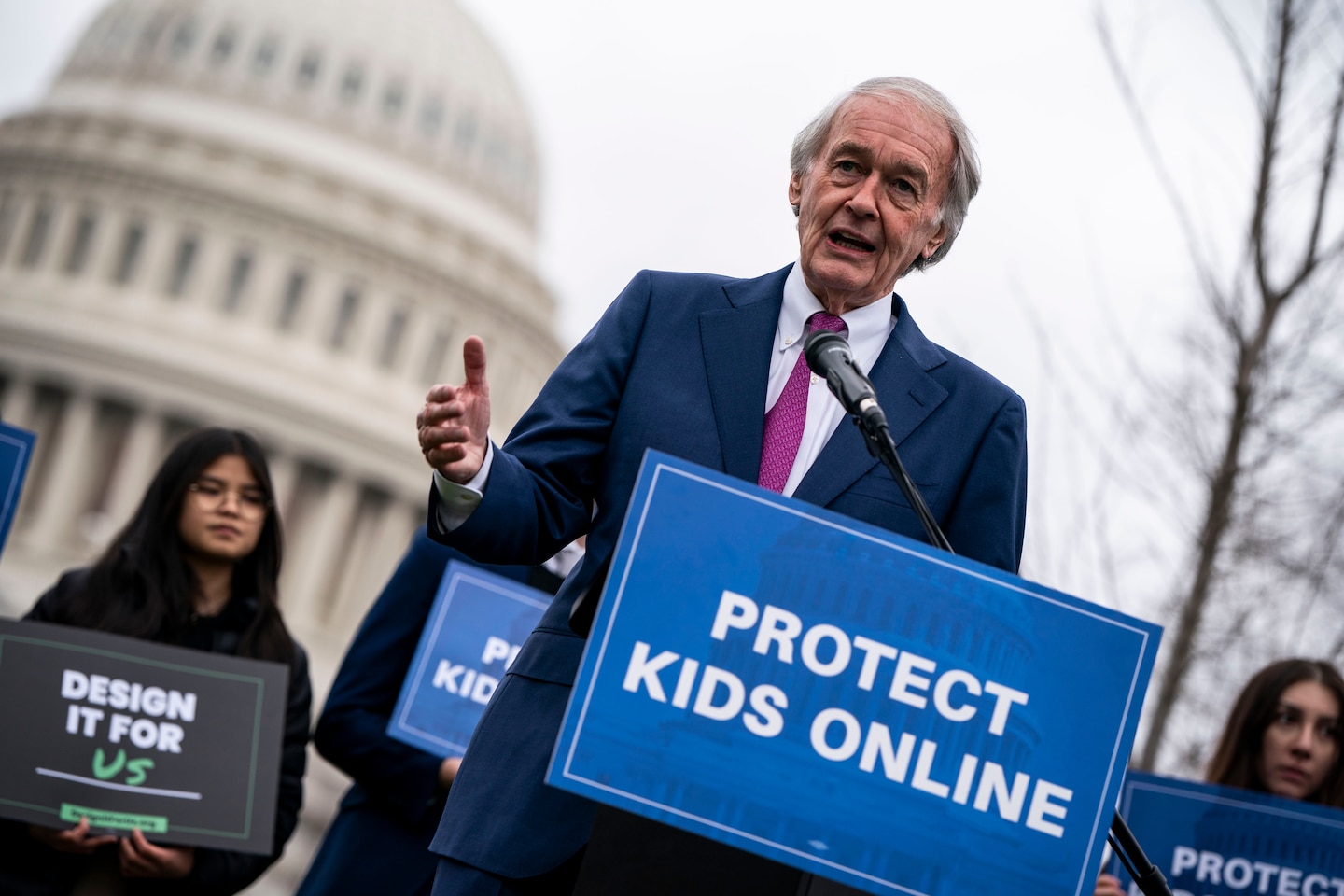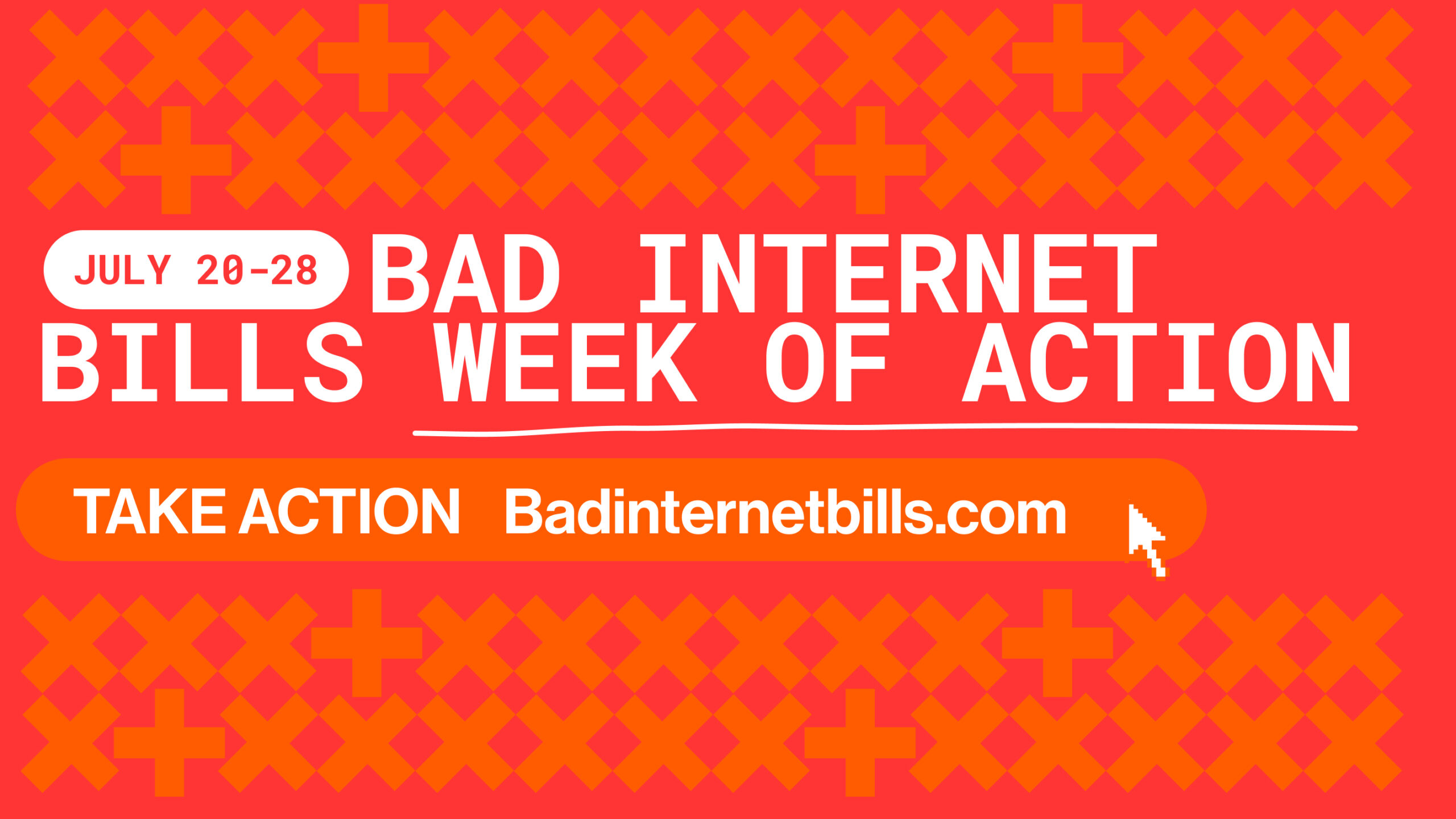The Nexus of Privacy
The Nexus Of Privacy looks at the connections between technology, policy, strategy, and justice. We’re also on the fediverse at @[email protected]
- 9 Posts
- 29 Comments

 1·11 months ago
1·11 months agoThe law’s defintion of harm is extremely broad. Charlie Jane Anders has a good discussion of this in The Internet Is About to Get a Lot Worse:
“This clause is so vaguely defined that attorneys general can absolutely claim that queer content violates it — and they don’t even need to win these lawsuits in order to prevail. They might not even need to file a lawsuit, in fact. The mere threat of an expensive, grueling legal battle will be enough to make almost every Internet platform begin to scrub anything related to queer people.”

 2·11 months ago
2·11 months agoIn practice, when the AG threatens to sue and the law makes it clear that they’ll win (which KOSA currently does), companies will typically stop what they’re doing (or settle if the AG actually launches a suit)

 9·11 months ago
9·11 months agoYep. There’s money to be made here!

 10·11 months ago
10·11 months agoGreat point. Mike Masnick has said that he wouldn’t be surprised if Meta also comes out in support, for similar reasons.

 201·11 months ago
201·11 months agoTotally agreed that it opens things up to censorship in general and doesn’t actually make kids safer. Charlie Jane Anders’ The Internet Is About to Get A Lot Worse sets it in the context of book banning. The LGBTQ part is in the headlines because one big focus of the advocacy against it is highlighting that Democrats who claim to be pro-LGBTQ should not be backing this bill. This has been effective enough that Senators Cantwell and Markey both mentioned it in the committee markup, although it’s certainly far from the only problem with the bill.
Sec. 11 (b): Enforcement By State Attorneys General covers this. It’s hard to find – the bill text starts out with all the text removed from the previous amendment, and if you click on the “enforcement” link in the new table of context it takes you to the old struck-out text. It’s almost like they want to make it as hard as possible for people to figure out what’s going on!

 141·11 months ago
141·11 months agoThey get to position themselves as looking out for the children.

 211·11 months ago
211·11 months agoYes, exactly. For Senators who support LGBTQ+ rights and reproductice rights (or at least say that they do), focusing on the threat anti-trans AGs can be very effective; In Washington state, we put enough pressure on Cantwell last fall about the LGBTQ+ issues that she mentioned it in the hearing (as did Markey). 5calls and EFF’s scripts and emails are written to appeal to legislators from both parties (so just talk about the harms to kids and threats from state AGs in general terms), which makes sense for a one-size-fits-all form, but customizing it to your Senators’ priorities can make a lot of sense.

 2·1 year ago
2·1 year agoThat’s great! And a lot of trans people I’ve talked with on Mastodon say similar things, which is also great. But a lot don’t. It depends a lot on the instance you wind up choosing. So the people who stay wind up as a self-selecting sample.

 3·1 year ago
3·1 year agoThanks, glad you liked it. Agreed that blocklists (while currently necessary) have big problems, it would really be great if we had other good tools and they were much more of a last resort … I’ll talk more about that in a later installment.

 0·1 year ago
0·1 year agoTotal bullshit response. Yes, there are a lot of LGBT people on the fediverse. There’s also a lot of homophobia and transphobia on the fediverse. And the instances run by nazis and terfs very much care if you’re trans and will harass you just as much on the fediverse as anywhere else.

 2·1 year ago
2·1 year agoIt’s tricky … many people do use “queer” as an umbrella term, but a lot of trans people don’t like being lumped under that, and some lesbian, gay, bi, and agender people don’t consider themselves queer. There aren’t great answers.

 3·1 year ago
3·1 year agoAt some level you’re not missing anything: there are obvious solutions, and they’re largely ignored. Blocking is effective, and it’s a key part of why some instances actually do provide good experiences; and an allow-list approach works well. But, those aren’t the default; so new instances don’t start out blocking anybody. And, most instances only block the worst-of-the-worst; there’s a lot of stuff that comes from large open-registration instances like .social and .world that relatively few instances block or even limit.

 2·1 year ago
2·1 year agoIf you’re looking for more of a technical deep dive, check out Threat modeling Meta, the fediverse, and privacy

 2·1 year ago
2·1 year agoI didn’t say the fediverse has come a long way. I said that many people on well-moderated instances have good experiences – which has been true since 2017. In general though I’d say there was a brief period of rapid progress on this front in the early days of Mastodon in 2016/2017, and since then progress has been minimal. Lemmy for example has much weak moderation functionality than Mastodon. Akkoma, Bonfire, Hubzilla etc are better but have minimal adoption.
And @originallucifer Ipeople have been complaining about this for years – it was an issue in 2011 with Diaspora, 2016 with Gnu social, 2017 with Mastodon, etc etc etc – so it’s not a matter of fediverse software as a whole being in its infancy. Even Lemmy’s been around for almost four years at this point. It’s just that the developers haven’t prioritized this.

 2·1 year ago
2·1 year agoIf you read the article and follow the links you’ll find plenty of evidence. The Whiteness of Mastodon, A breaking point for the queer community, and Dogpiling, weaponized content warning discourse, and a fig leaf for mundane white supremacy are three places to start.

 6·1 year ago
6·1 year agoFrom the article:
I’m using LGBTQIA2S+ as a shorthand for lesbian, gay, gender non-conforming, genderqueer, bi, trans, queer, intersex, asexual, agender, two-sprit, and others (including non-binary people) who are not straight, cis, and heteronormative. Julia Serrano’s trans, gender, sexuality, and activism glossary has definitions for most of terms, and discusses the tensions between ever-growing and always incomplete acronyms and more abstract terms like “gender and sexual minorities”. OACAS Library Guides’ Two-spirit identities page goes into more detail on this often-overlooked intersectional aspect of non-cis identity.

 2·1 year ago
2·1 year agoI’ll get to that in a followon post, but one straightforward way to make progress is to change some of the defaults

 31·1 year ago
31·1 year agoAs I say in the article:
Despite these problems, many people on well-moderated instances have very positive experiences in today’s fediverse. Especially for small-to-medium-size instances, for experienced moderators even Mastodon’s tools can be good enough.
However, many instances aren’t well-moderated. So many people have very negative experiences in today’s fediverse.

 1·1 year ago
1·1 year agoThis thread is talking about a US-based law, so I shared EFF’s perspectives on national IDs in the US. For a more international view, check out Why ID https://www.accessnow.org/campaign/whyid/ – which they’ve signed along with dozens of other civil society organizations.
It’s true that there are potential upsides of national ID systems as well as downsides. But as that Why ID letter says, “the scalability of digital identity programmes also makes their harms scalable. It is far from being proven that most digital identity programmes have brought additional benefits to users, without placing them at risk.” You’re right that private implementations have similar issues – data brokers and tech companies are as careless with data as government agencies are, and just as eager to abuse people’s privacy. But there are also some big differences: a national ID is mandatory, and the government has much more of an ability to put you in jail or deny you your rights.









Technically yes but judges get annoyed if there’s absolutely no case, so they rarely do – and if they threaten when there’s no case, larger companies will look at it and say the threat’s not real.